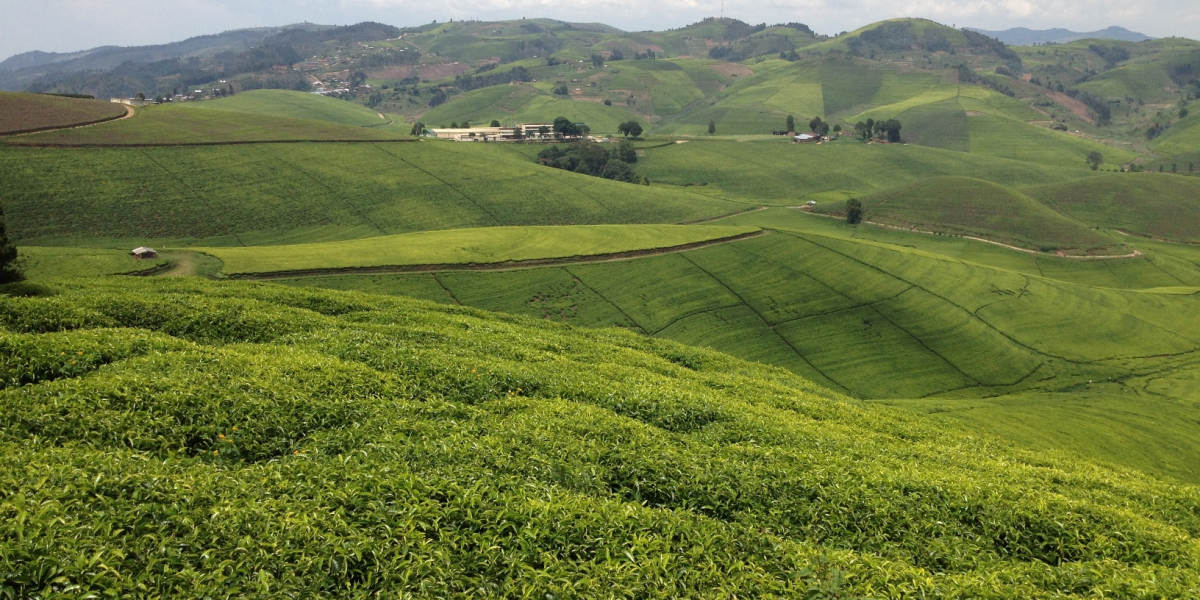6
Why is Yorkshire Tea not Fairtrade?
Posted in Rainforest Alliance.

Why is Yorkshire Tea not Fairtrade? It’s a question we’re asked from time to time, often by someone with a strong belief that Fairtrade certification is the only ethical credential that counts.
At Taylors of Harrogate (the company which makes Yorkshire Tea) all of our teas and coffees are from sources certified by one of the three major certification organisations: Fairtrade, Rainforest Alliance and UTZ. Yorkshire Tea, for example, comes from suppliers who have achieved Rainforest Alliance certification, though many of them have multiple certifications including Fairtrade.
We have no bias towards one certification scheme in particular. We have worked closely with all of them, and have seen the benefits and limitations of each. It’s why we try to avoid debates on the value of one versus another.
Our suppliers’ choice of certification scheme is largely dictated by what was the right fit for that producer at the time, and we have never abandoned a producer because they would not engage with a preferred badge. The costs to achieve certification and ongoing audit fees are generally borne by the farmer, so we wouldn't recommend dual certification (and the dual cost that comes with it) unless they had a market for both and were able to recover all of their expenses.
That’s the bigger picture. With that said, we’d like to answer that Fairtrade question a little more directly, so here’s what our Head of Sustainable Development, Simon Hotchkin, says about the perceived difference between Fairtrade and Rainforest Alliance certification.
“We are a family business with an unswerving commitment to quality, be that of our products, the way we do business or the relationships we hold with the people who make what we do possible," he said.
"It is quality that drives us to partner with some of the finest tea and coffee farmers in the world, but it is our values that drive our commitment to sustainability once we are there.
“For us, third party certification is only a part of a process of improving livelihoods and environmental practices – and what we do goes well beyond the baseline that certification gives us.
“In terms of the relative merits of Fairtrade and the Rainforest Alliance, we have found an enormous amount of commonality in terms of the improvements made with suppliers. They both conform to the same International Labour Organization conventions, local and international laws; they both promote a spirit of continuous improvement, similar audit rigour and frequency, similar support to farmers and so on.
“The Rainforest Alliance does not state a minimum price, nor do they stipulate that a social premium be paid (though generally our sourcing approach means that a sustainability premium would be) - but they do require a stronger commitment to environmental management and conservation in comparison to Fairtrade.
“Arguably, the real benefit of both schemes to farmers is in the improvements we see in farm management - the adoption of good agricultural practices, improved yields, improved quality, business management skills, working conditions, commitment to health and safety, employment practices… the list goes on.
“On prices, our policy is to pay a sustainable price. This is always above the Fairtrade minimum price and makes no difference to us if farmers are Fairtrade or Rainforest Alliance certified. We pay premiums based on quality and commit to long term relationships with up to 5 year forward contracts.
“We invest in social welfare projects with almost all of our suppliers and can demonstrate a huge commitment to improving the lives of the farmers we rely on - in this respect we go way beyond certification. We will generally not be drawn into a debate on the merits of one scheme versus another as we see the benefits and limitations of both.
“The distinction between Fairtrade (or the Rainforest Alliance for that matter) and trading fairly is not always clear, but we are very much aligned to the latter."
You can read more about our approach to ethical sourcing here. And if all this seems a little too theoretical, here are some tangible examples of what all this actually means:
Helping 8,000 farmers in Rwanda
Climate smart farming in Uganda




